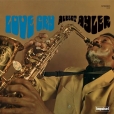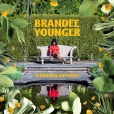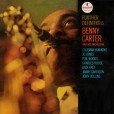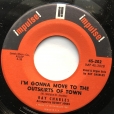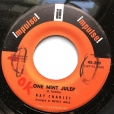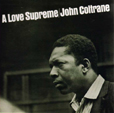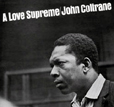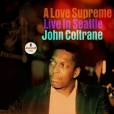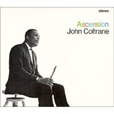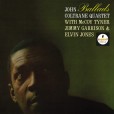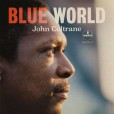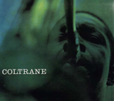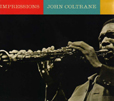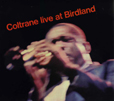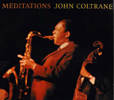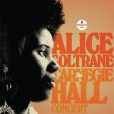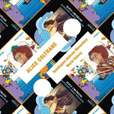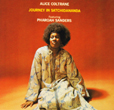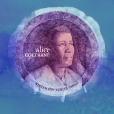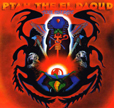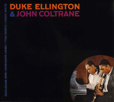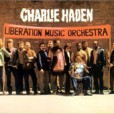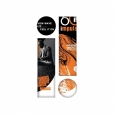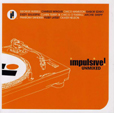Your basket is empty

Brandee Younger
Gadabout Season
Impulse!
Playing Alice Coltrane’s very own, restored harp, leading her longtime trio of Rashaan Carter on bass and Alan Mednard on drums (with contributions by Shabaka, Meshell Ndegeocello, Makaya McCraven, and co).
“We’ve all spent the past two or three years on the road and so there’s a personal and musical familiarity when we come to record together. Since Rashaan also produced the album and we decided to record it all at my home, it created a comfortable intimacy that kept us honest, since there was no one else there except for us. It produced spontaneous improvisations on tracks like Reckoning and Discernment, which came about entirely in the moment. While on End Means I had the time to decide on using an extended technique on harp, which muffles the string like a kalimba. You hear those moments come through far more on this album than any others I’ve created.”
“Everyone who featured on the record came through organically and it all fed into the overall theme of the album, which is playfulness. The gadabout is someone who is looking for happiness and that’s something I’m always trying to do with my band, especially when we’re exhausted and on tour! Ultimately, this is an album about finding joy throughout the journey, which is something everyone can relate to.”
‘Verve By Request.’
Commissioned in 1964 for a film soundtrack — though only half the music was used — this is the classic quartet in gorgeous, relaxed, contemplative, from-the-heart re-visitings of Naima, Village Blues, Like Sonny and Traneing In; plus a new composition, Blue World. Nothing eye-opening, but so what. Warmly recommended.
Totally unmissable just for the opener, a killer, 15-minute version of Arlen’s show-tune Out Of This World — drums and bass locking it down, Trane taking flight. From 1962, between Ole and Impressions.
On harp and piano — with Pharoah Sanders (soprano sax), Vishnu Wood (oud), Rashied Ali (drums), Cecil McBee (bass), Charlie Haden (bass), Majid Shabazz (bells, tambourine), Tulsi (tamboura).
Transcendent jazz from 1970; full fathom five deep but compellingly accessible. Our favourite of all her records, and over the decades our first recommendation as an introduction to her work.
According to AC’s sleeve note, ‘Anyone listening to this selection should try to envision himself floating on an ocean of Satchinandaji’s love, which is literally carrying countless devotees across the vicissitudes and stormy blasts of life to the other shore.’
Stone classic Alice. Turiya And Ramakrishna is a gorgeous piano blues; otherwise she is joined by Joe Henderson and Pharoah Sanders, Ron Carter and Ben Riley.
Featuring Grant Green, and engineered by Rudy van Gelder, in the manner of classic Blue Note organ jazz, this is an ‘underappreciated gem’, according to AllMusic. Leo Wright plays a blinder.
Here is a lovely photo of drummer Pola Roberts performing in the fifties. Nice name, the Pixie Bongo 4 Jewel’s.
Pola and Gloria had an all-women band together in the early sixties. George Coleman is Gloria’s old man.
‘Verve by Request’.
A suite of revolutionary anarchist songs from the Spanish Civil War — featuring Don Cherry, Roswell Rudd, Gato Barbieri, Dewey Redman and guitarist Sam Brown — plus Ornette’s War Orphans, three works by Carla Bley (who arranges brilliantly), and two by the great bassist himself, in tributes to Che Guevara and protests against the Vietnam War, on his tumultuous, bracing, expansive first outing as leader, in 1970.

